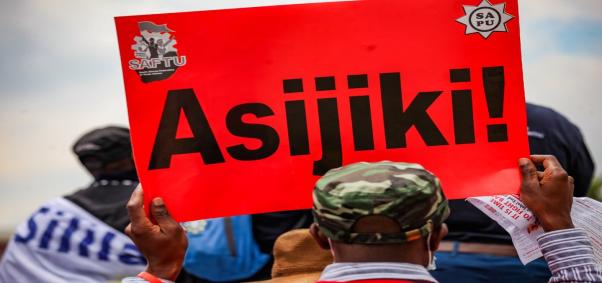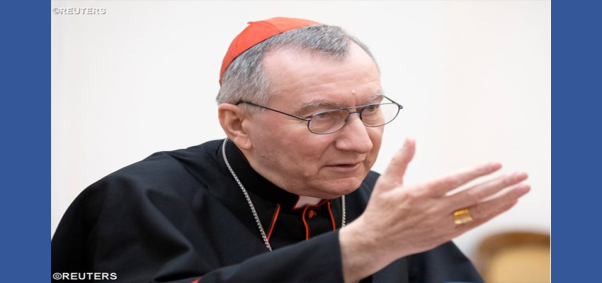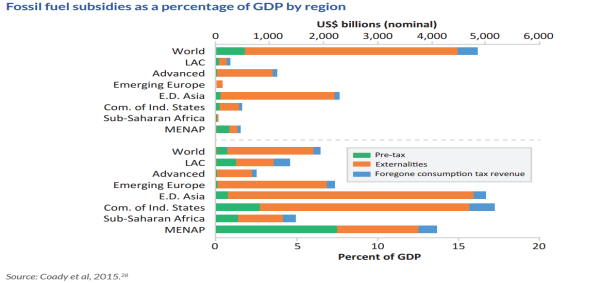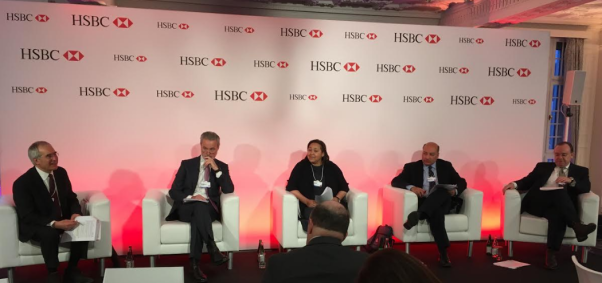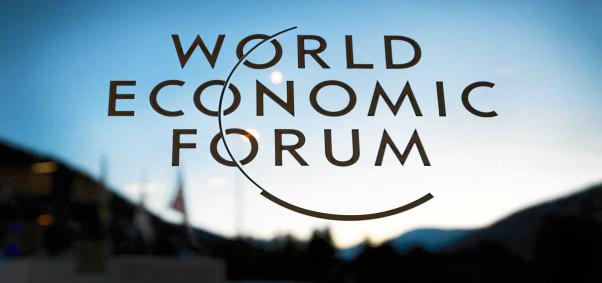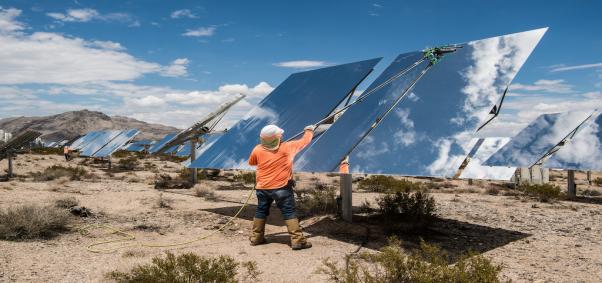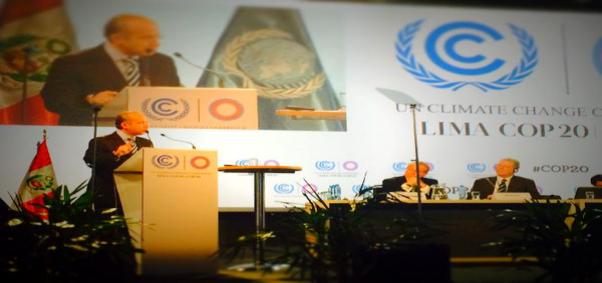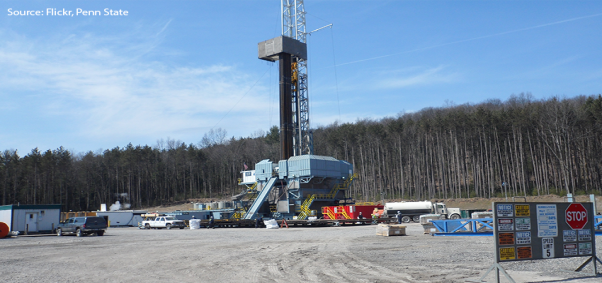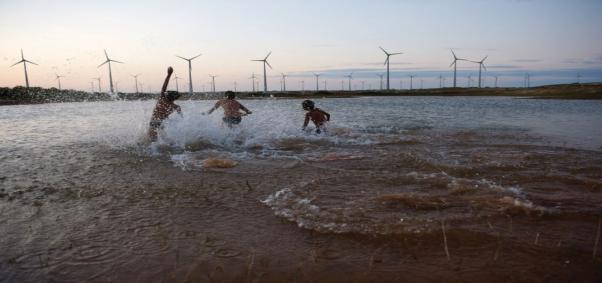
After the Paris agreement, many countries are looking to scale their investment in infrastructure that is socially inclusive, low carbon, and climate resilient. The huge quantity of investment required means that establishing the right conditions to attract private-sector investment is critical. In this paper by the McKinsey Center for Business and Environment, the authors highlight the major barriers that must be overcome and the ways to encourage more capital investment in sustainable infrastructure. The paper determines that a “muscular set of nudges and risk-sharing instruments are required”.
Downloads
745.86 KB
10.98 MB
2.76 MB
![]() Financing change: How to mobilize private- sector financing for sustainable infrastructure
Financing change: How to mobilize private- sector financing for sustainable infrastructure



